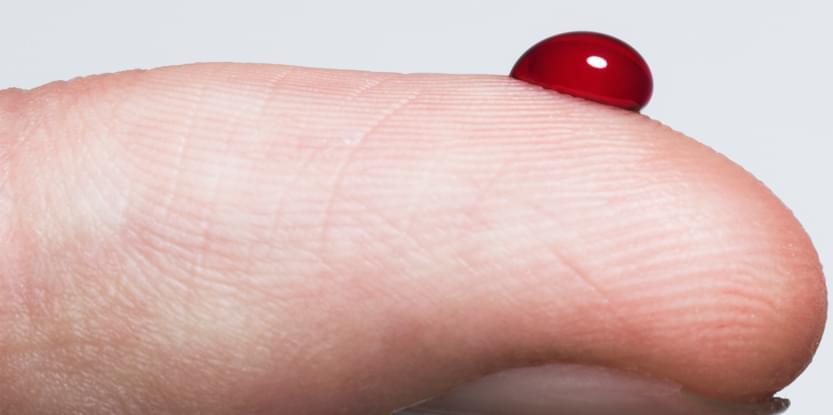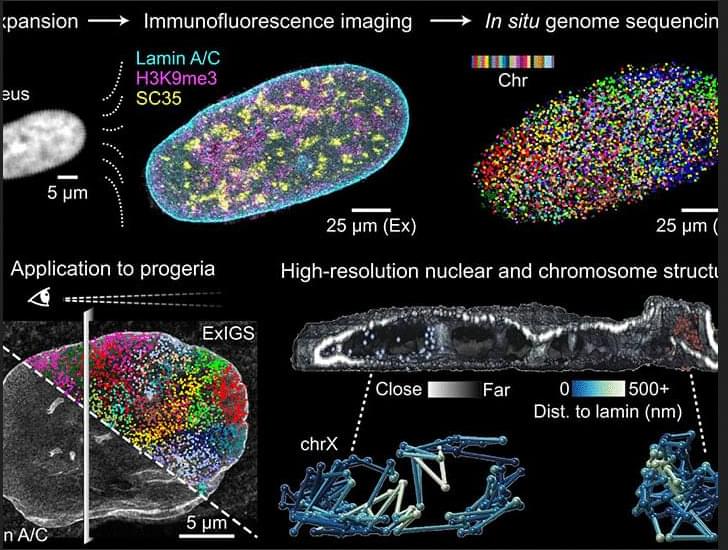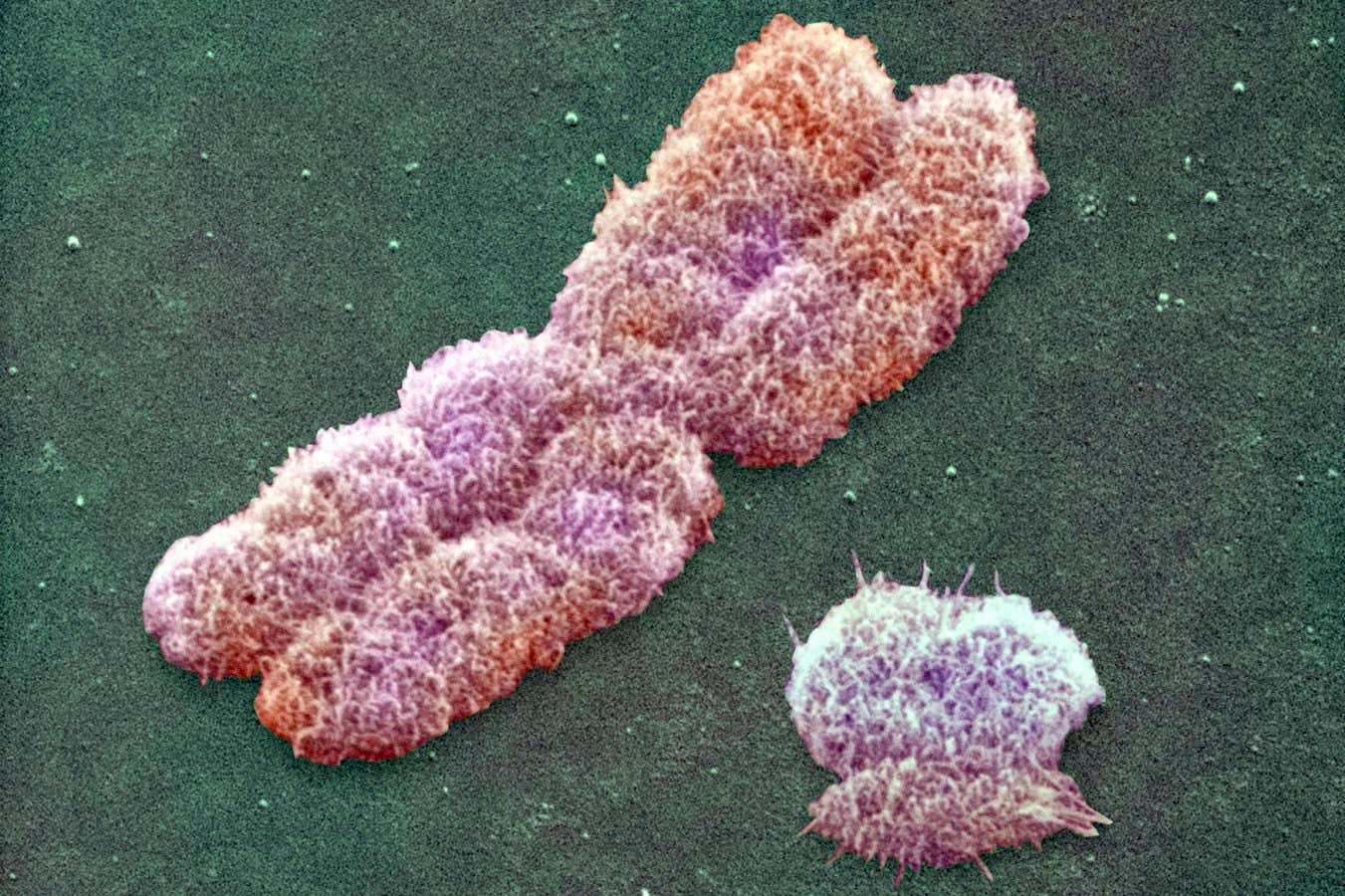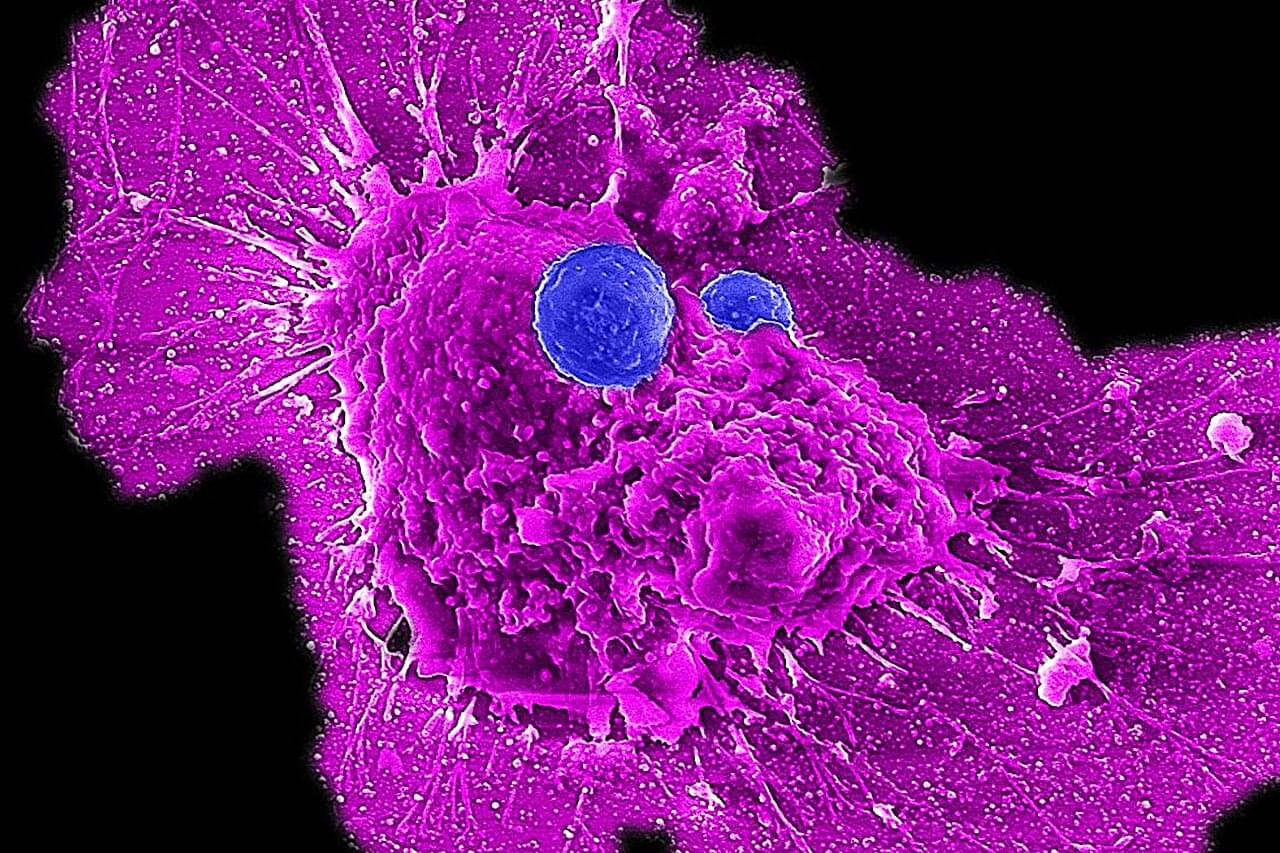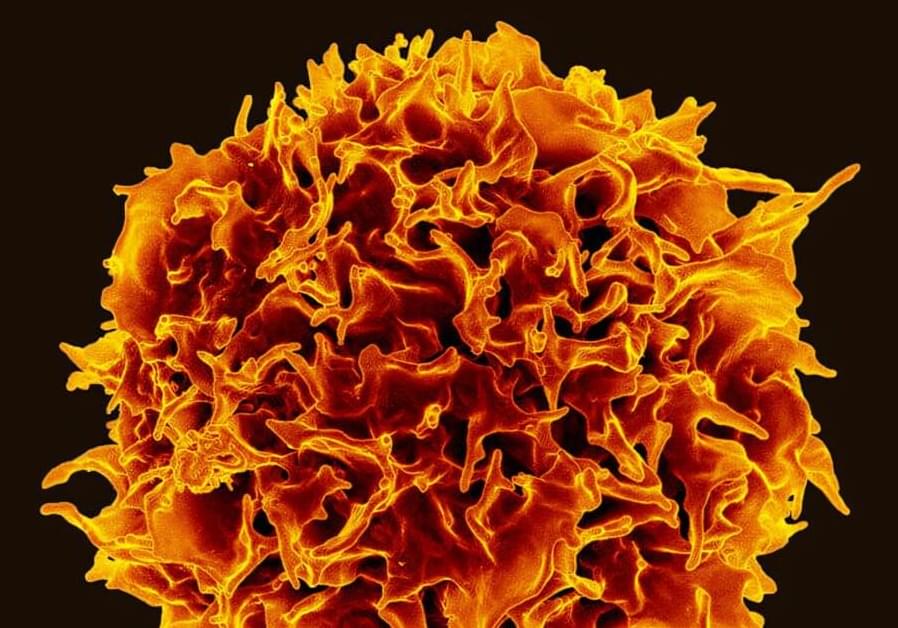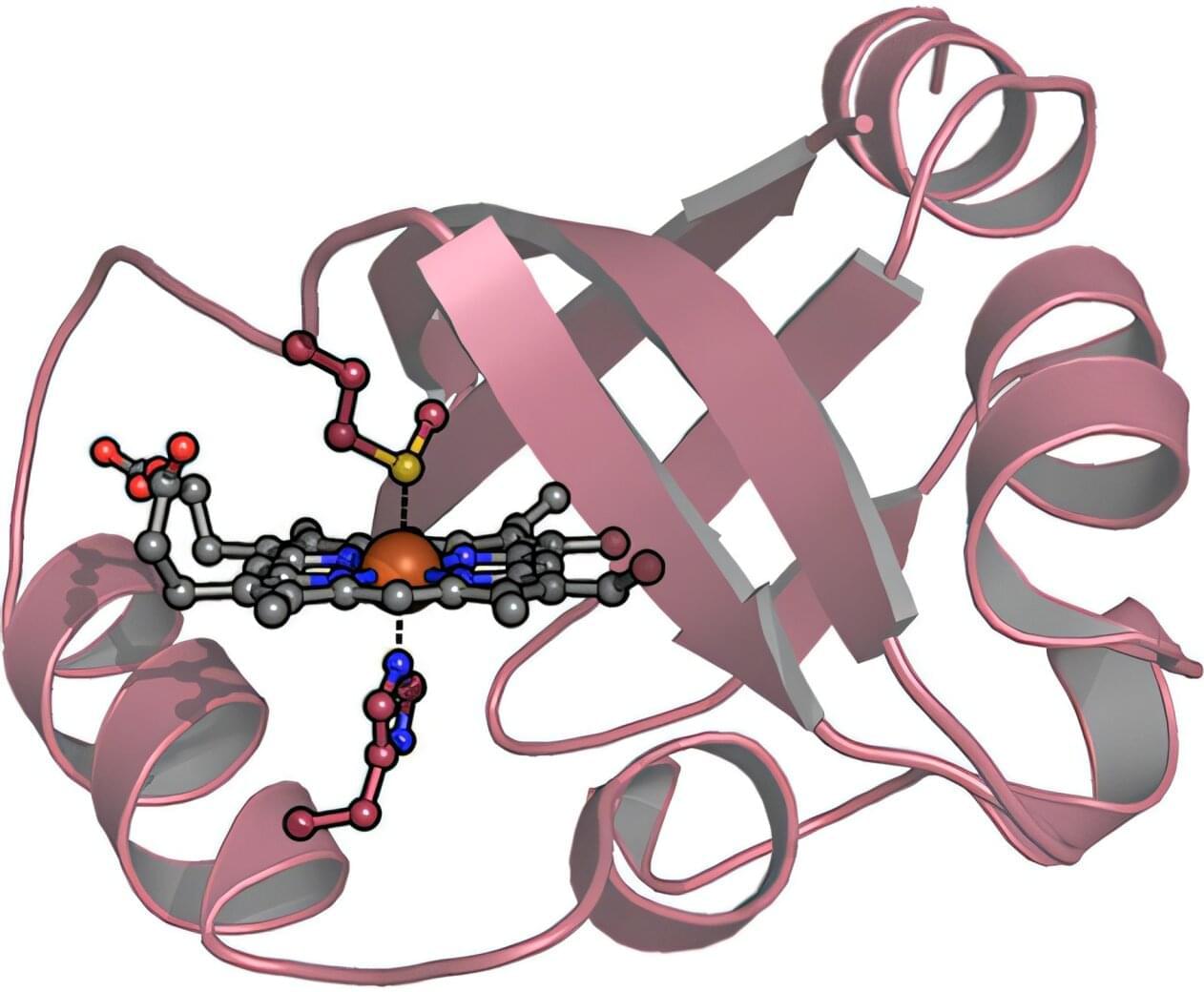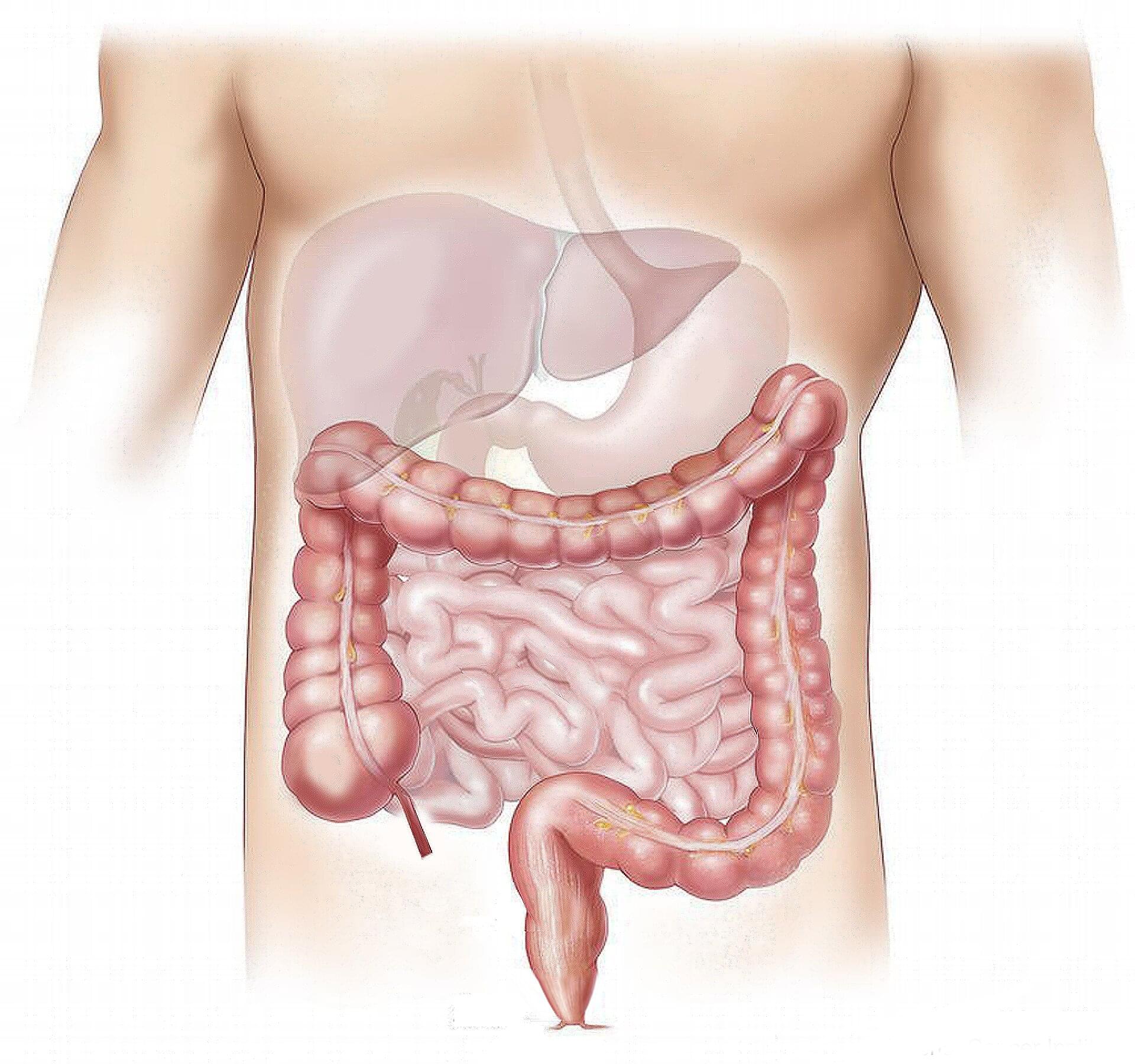The emergence of two-dimensional (2D) materials has catalyzed significant advancements in the fields of piezotronics and piezo-phototronics, owing to their exceptional mechanical, electronic, and optical properties. This review provides a comprehensive examination of key 2D piezoelectric and piezo-phototronic materials, including transition metal dichalcogenides, hexagonal boron nitride (h-BN), and phosphorene, with an emphasis on their unique advantages and recent research progress. The underlying principles of piezotronics and piezo-phototronics in 2D materials is discussed, focusing on the fundamental mechanisms which enable these phenomena. Additionally, it is analyzed factors affecting piezoelectric and piezo-photoelectric properties, with a particular focus on the intrinsic piezoelectricity of 2D materials and the enhancement of out-of-plane polarization through various modulation techniques and materials engineering approaches. The potential applications of these materials are explored from piezoelectric nanogenerators to piezo-phototronic devices and healthcare. This review addresses future challenges and opportunities, highlighting the transformative impact of 2D materials on the development of next-generation electronic, optoelectronic, and biomedical devices.
This review examines advancements in 2D materials, focusing on their applications in piezotronics and piezo-phototronics. It discusses key materials like TMDs, h-BN, and phosphorene, highlighting their unique mechanical, electronic, and optical properties. The review delves into the mechanisms of piezoelectricity, explores applications such as nanogenerators and biomedical devices, and describes the future and challenges in 3D integration of 2D materials.
